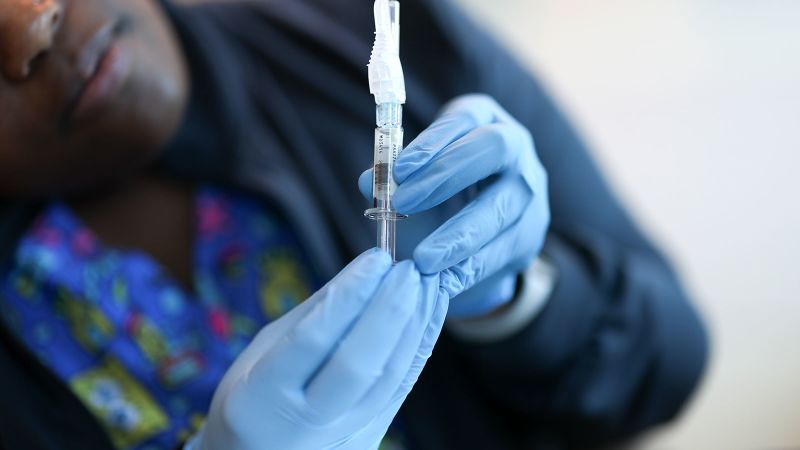ATLANTA – In a rare public defense, CDC scientists addressed rising skepticism over vaccine safety during a pivotal meeting.
Breaking: CDC Faces Unprecedented Scrutiny
At an unusual meeting of the US Centers for Disease Control and Prevention’s vaccine committee, CDC scientists found themselves countering questions and statements that cast doubt on the safety and efficacy of approved vaccines. The meeting, held on Wednesday, marked a departure from the norm as the agency’s experts typically generate and interpret data to inform the committee’s votes.
Immediate Impact
The meeting saw polite but atypical queries regarding Covid-19 vaccines, focusing on potential biases in data interpretation and the classification of hospitalizations. Some committee members questioned whether patients hospitalized for Covid-19 might have been admitted for other conditions, only to test positive for the virus.
Key Details Emerge
Thursday’s agenda for the Advisory Committee on Immunization Practices included presentations on controversial topics like thimerosal, a mercury-based preservative in vaccines, and the risks of rare febrile seizures after certain measles vaccines. These presentations were delivered by a newly appointed committee chair and a former leader of an anti-vaccine organization, not by CDC staffers.
CDC data shows that since July 2024, 268 of every 100,000 babies under 6 months were hospitalized for Covid-19, comparable to adults aged 65-74.
Industry Response
CDC experts posted evidence reviews online as background material, but one document on thimerosal was removed due to procedural issues. Dr. Robert Malone, a committee member, confirmed its removal, while Dr. Martin Kulldorff, the committee chair, acknowledged receiving it. The incident highlights the tension as US Health and Human Services Secretary Robert F. Kennedy Jr. seeks to reshape vaccine recommendation processes.
By the Numbers
Hospitalization rates for Covid-19 in children under 2 are similar to those for older adults, according to CDC data.
Dr. Cody Meissner from Dartmouth University noted that only 1.6 of every 100,000 babies younger than 6 months were hospitalized for Covid-19 in late May, emphasizing the rarity of severe illness in young children.
What Comes Next
Despite the changes, healthy children can still receive Covid vaccines through shared clinical decision-making. The recommendations for pregnant women have been dropped, but pregnancy remains a risk factor for severe illness.
Background Context
Anti-vaccine groups have long criticized thimerosal, linking it to autism despite studies disproving this. Thursday’s presentation by Lyn Redwood, a former leader of the World Mercury Project, reignited these concerns, suggesting that pregnant women and children should only receive thimerosal-free vaccines.
Since 2001, all childhood vaccines in the US, except some flu vaccines, have been thimerosal-free.
Expert Analysis
Dr. Peter Hotez from Texas Children’s Hospital expressed concern that revisiting thimerosal could undermine trust in vaccines. He warned that such discussions might affect global vaccination efforts, especially in low-income countries dependent on multidose vials containing thimerosal.
Regional Implications
The CDC’s review of thimerosal asserts no link to autism, based on consistent findings from multiple studies. Meanwhile, a new CDC work group will reevaluate the combination MMRV vaccine for young children, considering potential alternatives like those used in Japan.
The developments at the CDC meeting underscore ongoing debates over vaccine safety and the need for transparent, evidence-based communication to maintain public trust.
